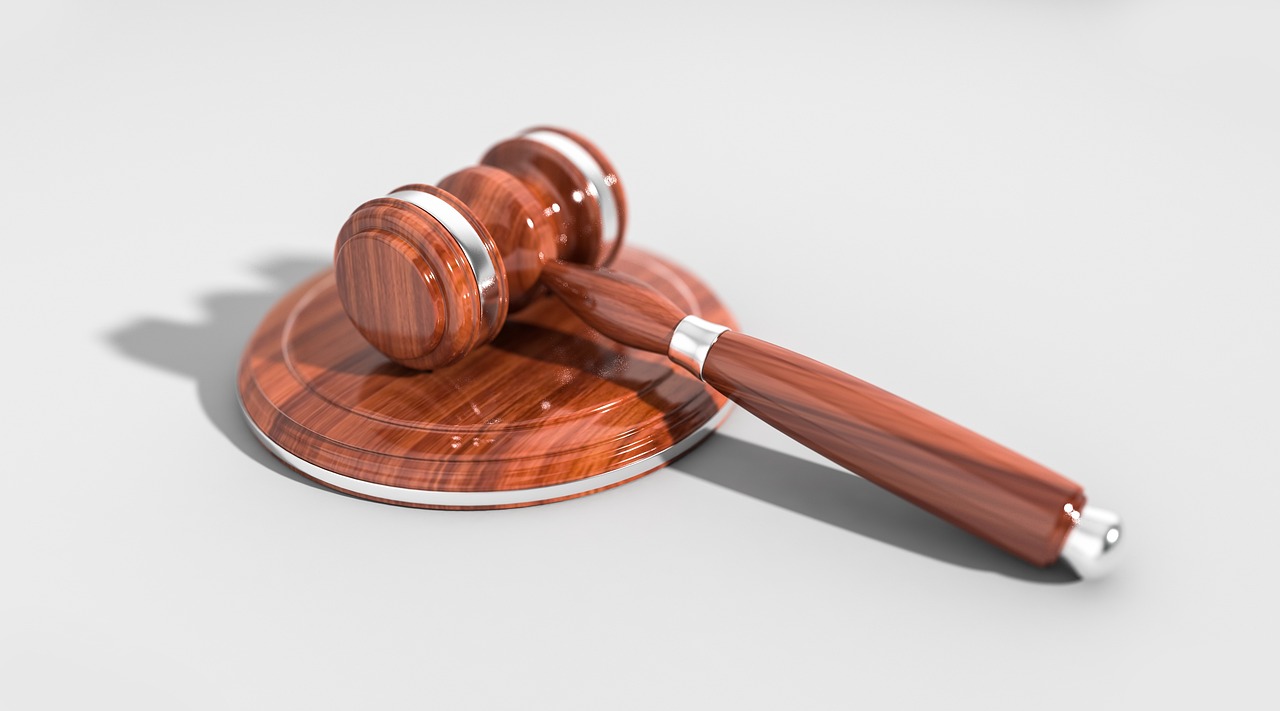Now Reading: Master Legal Challenges with Confidence: Learn How Attorneys Help
-
01
Master Legal Challenges with Confidence: Learn How Attorneys Help

Master Legal Challenges with Confidence: Learn How Attorneys Help
Legal matters can be intimidating, whether it’s a contract dispute, personal injury case, or estate planning. The complexity of the law often leaves individuals feeling overwhelmed and unsure about how to proceed. Understanding the roles of various legal professionals and knowing when to seek their help can ease this burden. This article will explore how attorneys assist with various legal challenges and what you might need to look for in professional legal assistance.
Different Types of Legal Assistance
Attorneys specialize in various fields. Knowing the different types of legal assistance available will help you choose the right expertise for your needs.
Criminal Lawyers
They defend individuals accused of committing crimes. Their work includes negotiating plea deals, navigating bail, and preparing cases for court hearings. If charged with a criminal offense, a criminal lawyer can be vital in protecting your rights.
Civil Litigation Lawyers
These lawyers manage disputes between individuals or organizations. Whether it’s a breach of contract, personal injury, or landlord-tenant conflict, they handle negotiation, settlements, or trials.
Family Lawyers
Family lawyers deal with matters like divorce, child custody, and adoption. Their sensitivity and expertise ensure that personal issues are managed with care, aiming for resolutions that prioritize familial well-being.
Estate Planning Attorneys
They help draft wills, establish trusts, and manage estate taxes. This planning ensures that your assets are distributed according to your wishes and can help prevent family disputes.
Corporate Lawyers
These attorneys advise businesses on legal rights, responsibilities, and obligations. They assist with mergers, acquisitions, compliance with regulations, and contract drafting.
Immigration Lawyers
Specializing in visa applications, citizenship, and deportation issues, immigration lawyers offer guidance through complex legal processes. They ensure compliance with regulations while advocating for their clients’ rights.
Intellectual Property Lawyers
They protect the creations of the mind, such as inventions and artistic works. Intellectual property lawyers secure patents, trademarks, and copyrights.
When to Seek Legal Help
It’s crucial to recognize when you need legal assistance. Below are common scenarios where contacting an attorney is advisable:
- Facing Criminal Charges: Immediate legal representation can prevent self-incrimination and ensure fair proceedings.
- Involvement in an Accident: Personal injury lawyers can negotiate with insurance companies and help obtain compensation.
- Family Disputes: Legal support can ease emotional stress and seek fair solutions in cases of divorce or custody battles.
- Business Matters: Legal advice ensures compliance with laws, mitigating the risk of disputes or penalties.
- Immigration Issues: Guidance can facilitate smooth transitions and legal compliance.
- Estate Management: Avoid family conflict and ensure your will is legally sound with a professional’s help.
How to Choose the Right Attorney
Choosing the right attorney can significantly influence the outcome of your legal situation. Consider the following attributes:
- Experience: An attorney with a proven track record in cases similar to yours is preferable.
- Reputation: Reviews and recommendations provide insights into professional reliability and success rates.
- Communication: Clear and open communication is essential for understanding complex legal situations and options.
- Fee Structure: Clarify their fees upfront to avoid unexpected costs.
- Specialization: Choose an attorney who specializes in the area of law pertinent to your issue.
The Legal Process: What to Expect
Understanding the basic steps in a legal process can reduce anxiety and prepare you for what lies ahead.
Initial Consultation
The process typically begins with a consultation where you discuss your case, ask questions, and decide if the attorney is a good fit.
Investigation and Assessment
The attorney will gather facts and evidence, consult experts if necessary, and assess the case’s strengths and weaknesses.
Strategy Discussion
Legal strategies will be developed, and potential outcomes discussed. This stage involves a collaborative approach to ensure your expectations align with legal possibilities.
Negotiation or Trial
Many cases settle outside of court through negotiation. If necessary, your case will proceed to trial, where your attorney presents arguments and evidence.
Resolution
The decision, whether through trial or settlement, concludes the legal process. Discuss future steps or appeals with your attorney.
Understanding Legal Fees
Legal fees can vary significantly, and it’s vital to understand what you might expect:
- Flat Fee: A consistent fee for routine legal work, like drafting a will.
- Hourly Rate: Common for unpredictable cases where the amount of work needed is uncertain.
- Contingency Fee: Often employed in personal injury cases, where the lawyer is paid a percentage of the settlement if successful.
- Retainer Fee: A down payment toward future services, often required to secure an attorney’s time.
The Importance of Local Expertise
While the principles of law can be universal, local legal expertise is invaluable. Attorneys familiar with regional laws, court procedures, and local officials can navigate the system more effectively. For example, if you’re dealing with a legal issue in Nevada, you might consider a Law Firm Las Vegas as they understand the local legal landscape and nuances.
Conclusion
Navigate legal challenges with informed confidence. Choosing the right attorney, understanding the process, and knowing when to seek help play significant roles in resolving legal issues. Armed with this knowledge, you can face your legal matters with clarity and assurance.










